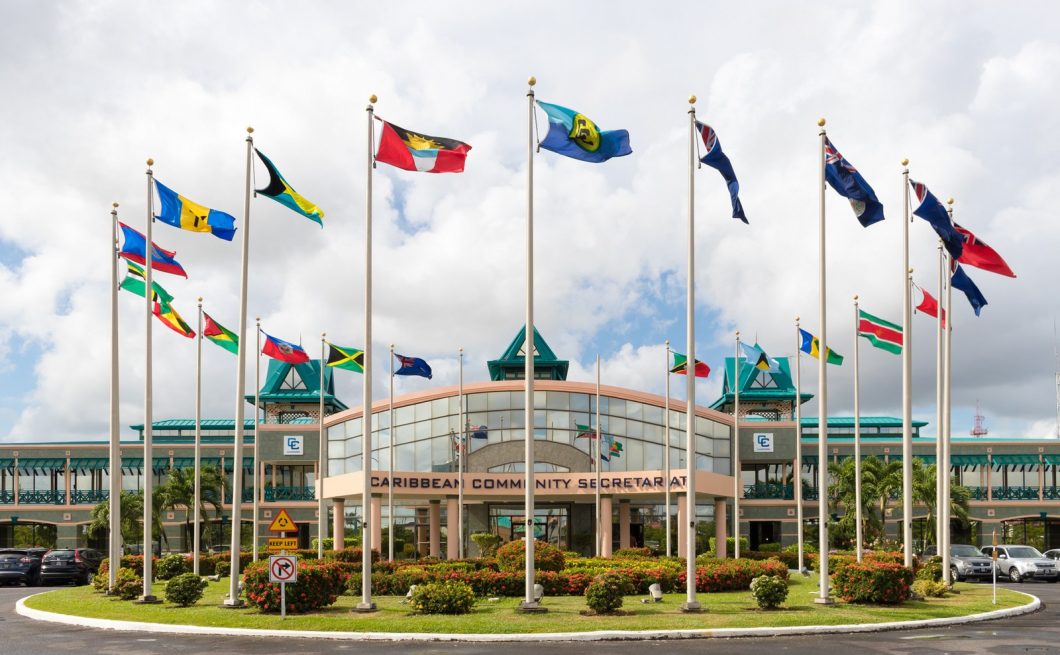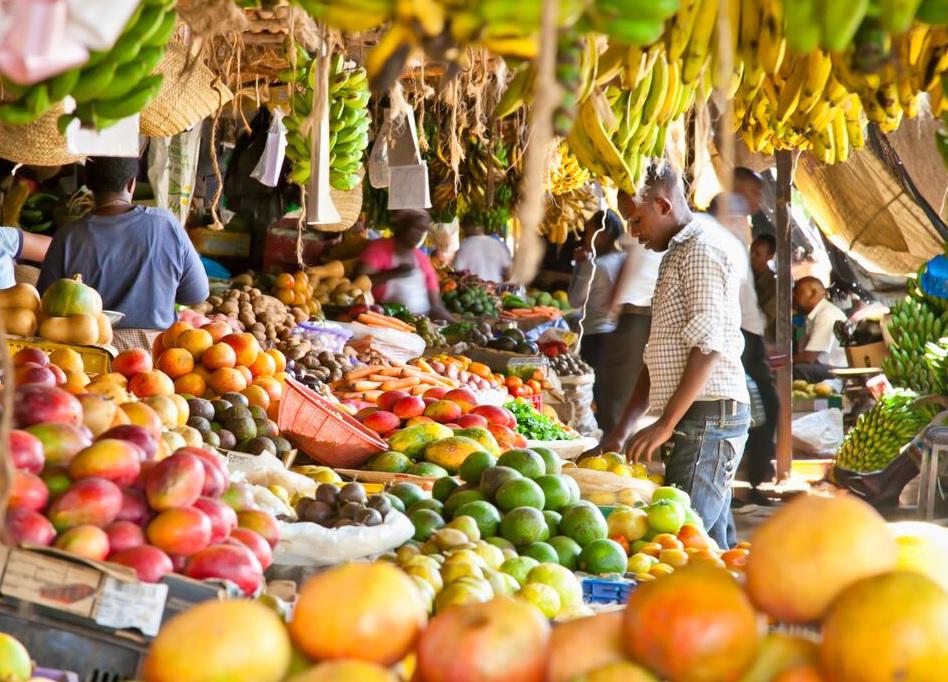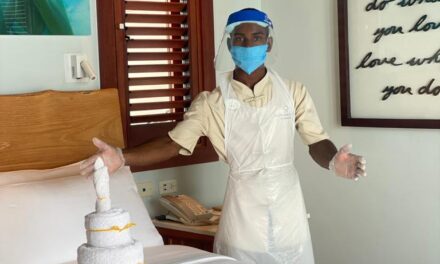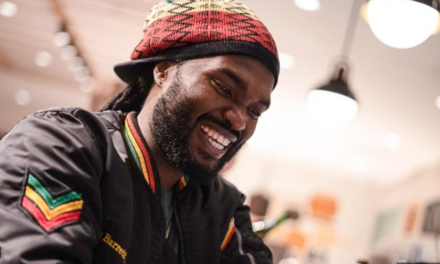April 16, 2020
article reposted by Tami Coley

Leaders of the Caribbean Community (CARICOM) have a decided on a way forward amid the ongoing COVID-19 pandemic following a special emergency meeting yesterday, April 15.
The regional leaders met via video conference to discuss how to proceed given the impact of the virus which continues to ravage industries, and virtually wiped out its tourism product due to travel bans and border closures to stem its spread.
Among the bodies included in the discussion were the the Caribbean Public Health Agency (CARPHA), the University of the West Indies (UWI), the Caribbean Development Bank (CDB) and Archbishop Jason Gordon which all made presentations to the leaders.
Executive Director of CARPHA, Dr Joy St John, said the region had done relatively well in its response to the pandemic largely due to the early implementation of measures to contain the virus. St John further recommended that a co-ordinated approach be taken as CARICOM readies itself for the next phase of the virus.
Economic implications for the region from the virus fallout were presented by the CDB which shared ideas for simulating economic activity going forward.
Further, projections for the virus’ future in the region were shared by researches from the UWI researchers while Archbishop Gordon spoke to the social impact of the COVID-19 as well as ideas to alleviate those challenges.
Going forward, the Heads of Government agreed on a uniform approach to the International Financial Institutions to get assistance to meet the financial fiscal challenges which will arise.
They said the needs of the body should not be solely determined by GDP per capita as the vulnerability of each member is a better indicator of need, particularly in a situation where numerous challenges are being faced.

They agreed that additional technical work would be undertaken in specific areas to be presented for their consideration at another meeting within two weeks. They would be presented after the relevant ministerial councils would have reviewed the proposals.
Proposals on a Common Public Health policy would first be presented to the Ministers of Health. This would include proposals for joint procurement, – including of pharmaceuticals and Personal Protective Equipment (PPE) and sourcing of additional medical personnel. The joint procurement would assist in addressing supply constraints being experienced.
There would also be consideration of a proposal for a protocol on re-opening borders which all Member States would adhere to at the same time when such a decision is taken.
Issues related to Food Security would be considered in the context of the CARICOM COVID-19 Agri-Food Risk Management Framework which has been circulated to Member States following a meeting of Ministers of Agriculture last month. This would address in particular the production and supply of food products.
The transportation of people and goods by air and sea inter-regionally would also come under scrutiny with particular reference to the operations of the regional air carriers which have been adversely affected by the measures adopted to contain the virus.
Proposals would also be formulated for building a robust digital architecture, including governance, to facilitate digital commerce and to assist in the fight against the virus.
All fifteen Member States and the five Associate Members were represented at the meeting





